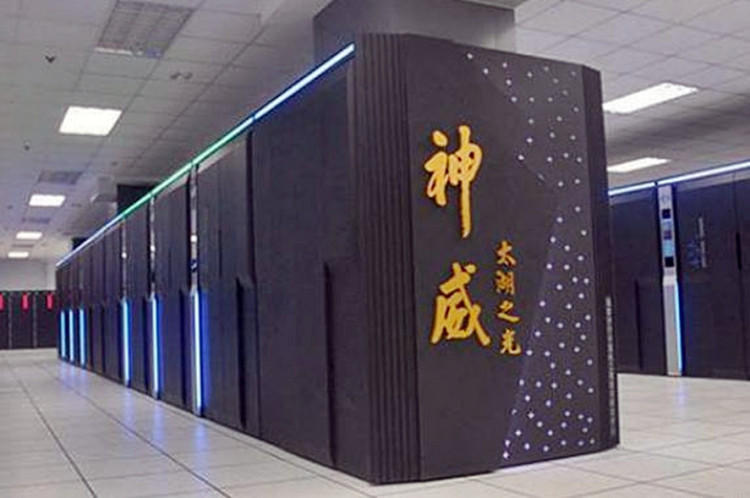Artificial intelligence could contribute an additional 1.2 percent to the world's annual gross domestic product growth for at least the next decade, according to the McKinsey Global Institute.
Overall, AI might trigger $13 trillion in additional global economic activity by 2030, said a report released the other day by McKinsey Global, a research organization based in New York City specializing in management topics.
This massive contribution will place AI's growth on par with the introduction of other transformative technologies such as the steam engine, said the McKinsey report. McKinsey estimates that some 70 percent of companies (small and large) will adopt at least one form of AI by 2030. Larger firms such as multinationals, however, will be compelled by competitive pressures to use a full range of AI technologies.
On a national level, McKinsey found that countries that establish themselves as AI leaders stand to gain 20 to 25 percent more in economic benefits compared to levels today. By and large, these fortunate countries will be developed nations. On the other hand, emerging economies may only grow by half these estimated percentages.
AI leadership is currently being disputed by the United States and China, the world's two largest economies. China has wedded itself to AI as a guarantor of future growth and has made AI part of its five-year plan that runs through 2020. China's aim: become a leader in AI by 2030.
The McKinsey report pointed out that without AI, China will face huge challenges in achieving its target growth rates in the future. China needs AI because its labor productivity today is below the global average. The McKinsey report expects AI technologies to have a significant impact on sales and marketing within China. This, in turn, might boost consumer spending, which is the goal of China's current effort to transition to a consumer-led economy from an export-driven one.
AI is a big thing among venture capitalists in China. Taiwan-born Kai-Fu Lee, arguably China's leading venture capitalist in artificial intelligence (AI), claims China is now ahead of the United States in certain AI fields and might soon even dominate this key future technology.
China is catching up really fast, said Lee, who also noted that China's "magical ascent" in AI has taken only two years. He noted China came way behind, but China is now actually ahead of the U.S. in AI implementation.
China will lead AI because China has a huge population. It's as simple as that. Ai is about having masses of data and because it's the world's largest marketplace, China has the largest amount of data. The country will use AI to find all the ways to add value to traditional businesses; the internet and all kinds of spaces said, Lee.
The McKinsey report explained that AI will likely impact an economy through multiple channels. Among these channels are creating wealth; substituting human labor; increasing the number of available products and services and boosting global data flows.






